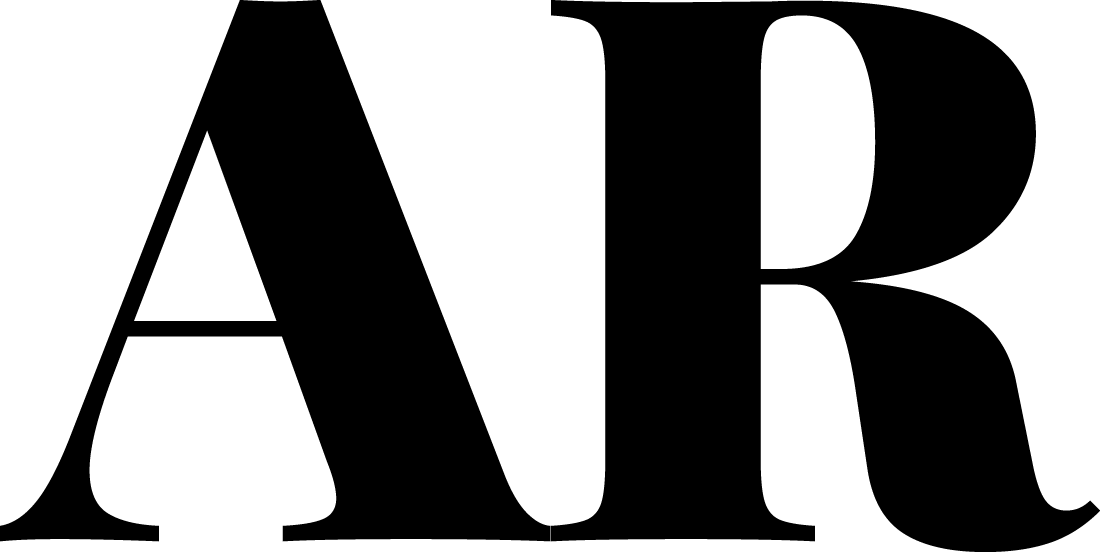2020 is nearing its end. What’s going on with the economy?
Amit Raizada
November 28, 2020
As we begin to wrap up Q4, I can’t help but reflect on the state of the economy. After a whirlwind year that took us from business as usual in January and February to a spring, summer, and now winter mired in challenge and uncertainty, the caprices of the 2020 economy have left us in an interesting place.
While the markets have soared this week, their success belies the difficulties that many Americans still face. Millions remain out of work and countless others with few job prospects on the horizon.
There is, however, cause for cautious optimism. Pfizer and Moderna’s recent announcements that their COVID-19 vaccines have reached 90 and 94.5 percent efficacy, respectively, could spell an eventual return to normal.
With the year nearing its end, I wanted to recap a few thoughts I’ve had about the economy and the finance industry over the last year.
UNCERTAINTY
The last eight months have been defined by uncertainty, a feeling that is likely to continue until a vaccine is approved for mass use, scaled, and distributed to billions of global citizens. Uncertainty has a couple of effects.
For one, it causes investors to put their money in longer-term bids. Within the markets, this means betting on long-term assets like Treasury Bonds or even gold. Uncertainty also slows down economies. It also dissuades folks from making big purchases—like cars or houses—and slows down spending on consumer nondurables.
A few recent events have, at least somewhat, chipped away at our nation’s collective sense of uncertainty. The news about the potential COVID-19 drugs and the conclusion of the presidential election have helped flesh out a more tangible picture of 2021. While things are still far from normal, these events are helping reduce global and national uncertainty.
LOW INTEREST RATES
In mid-March, the economy looked dire. To bolster the rapidly declining economy, the United States Federal Reserve embarked on an expansionary monetary policy in March, lowering interest rates to near zero and purchasing securities to flood the country’s money supply.
Low interest rates incentivize economic activity by making it easier to borrow money, which lowers barriers to home-ownership and investment. Low interest rates have helped propel the stock market’s robust growth during this otherwise dreary chapter in our nation’s economic history. Federal Reserve Chair Jerome Powell has signaled that the central bank is reluctant to raise interest rates once again—a motion sure to keep the market on its current track.
With interest rates remaining at historic lows, many aspiring investors are looking to enter the market. I do caution aspiring investors, though, to look for the opportunities and ventures that will transform our economy in the long-run—the ventures operating at the cutting edge of technology, offering innovations once thought impossible. These ventures are far more lucrative—and rewarding—than investing in short-term IPOs.
LIVING HISTORY
Peruse any college economics syllabus right now and you are sure to find at least one lecture on the Great Depression—its causes, its effects, and its legacy. A century from now, I wouldn’t be surprised if March 2020 occupied a similar position of scholarly and cultural intrigue.
One year ago, our biggest worries when it came to the economy were slowing rates of economic growth in Germany and China and the Fed’s decision to cut interest rates by 0.25 percent (25 basis points, as investors would say). Who could have seen that an unprecedented global pandemic would grind the world economy to a complete and utter halt in just a few days?
Now, trillions in stimulus spending and millions of lost jobs later, we find ourselves celebrating Thanksgiving and the Holidays in one of the most peculiar economic situations in our nation’s history. While I have no doubt we will recover and continue to drive innovation throughout the twenty-first century, the end of this long year offers a moment of reflection—and I’d be remiss not to acknowledge this last year’s challenges.
